What an interior designer vs decorator is, is a really common point of confusion. Many people are faced with the choice of hiring an interior designer or interior decorator. But it’s an even bigger choice when deciding whether to be an interior designer or interior decorator.
Interior designer and interior decorator are two titles that get used almost interchangeably. And it makes sense because there is a bit of overlap between the two. But there are some very key differences. If you’re considering getting into the field, but you’re not sure which title to use or pursue, I’m here to help you wrap your head around them.
Whether you’d like to be a designer or a decorator will determine the education, experience, and expectations you’ll need to be successful.
In the most basic analogy, an interior designer is like a baker who makes a cake from scratch. And an interior decorator is like the person who puts the frosting on a pre-baked cake to make it look pretty.
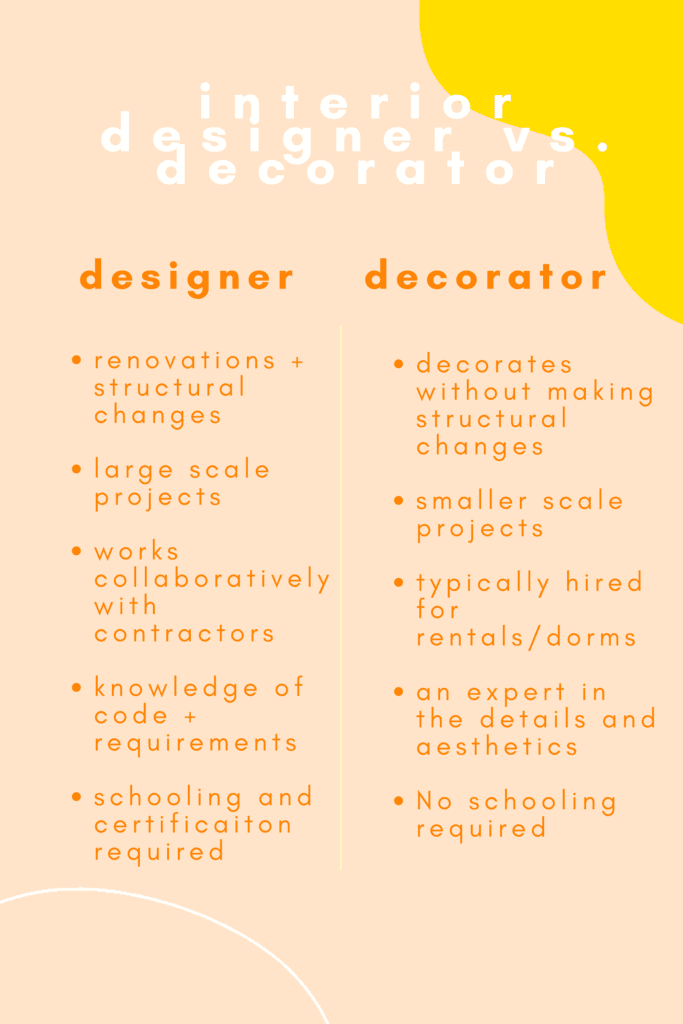

so let’s go more into the differences between interior designer vs decorator
We’ll start out with what goes into an interior designer’s profession.
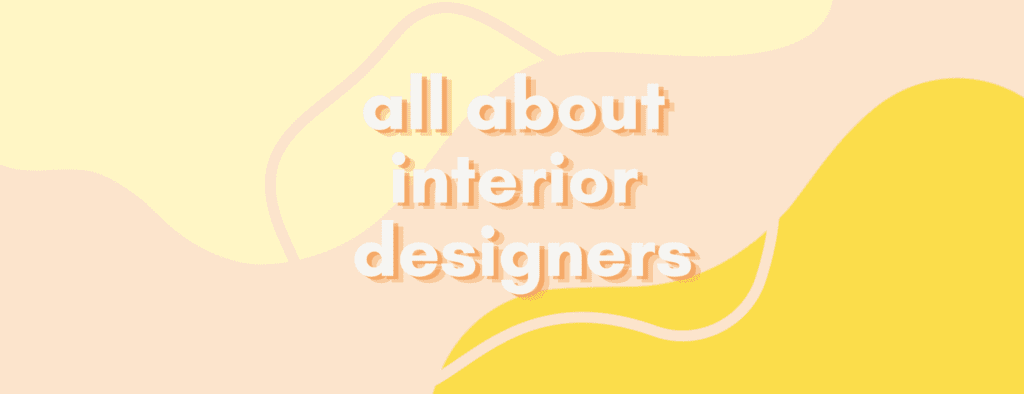

What does an interior designer do?
While an interior designer is absolutely a creative role, it has a lot of technical aspects as well. There is both an art and a science behind their work.
They get into the nitty gritty of structural changes to rooms. This is the main difference between an interior designer vs decorator.
Whether they are hired in during the building process or jump in for a remodel, they use their expertise to inform more large-scale changes to homes. While they take into account the aesthetics, they also consider the functional aspects of design.
Their skillset includes knowledge about color theory, interior architecture, code + regulatory requirements for building, and typically an ability of computer-aided design (CAD).
Interior designers also typically need to be comfortable working with multiple other parties. They often serve as a the intermediary between the client and contractors, electricians, etc.
what does it take to become an interior designer?
An undergrad degree or certification is typically required due to the specific technical knowledge needed. Some designers may even have Master’s degrees in design or art studies.
Some states require a license to do commercial interior design. In many states, a license or certifications is not required, but it vastly improves your odds of getting hired.
who should be an interior designer?
If the following things sound like you, then interior designer may be the profession for you:
- The idea of taking on a big, months-long project excites you
- You’re good with juggling multiple moving parts. In other words, you’re very organized
- You want to create a design from scratch
- Working collaboratively is comfortable for you
Example of some famous interior designers are Kelly Wearstler, Karin Bohn, Nate Berkus, and Joanna Gaines.
In order to make your decision of interior designer vs decorator, you need to know both sides.
So let’s get into everything you need to know about an interior decorator.
what does an interior decorator do?
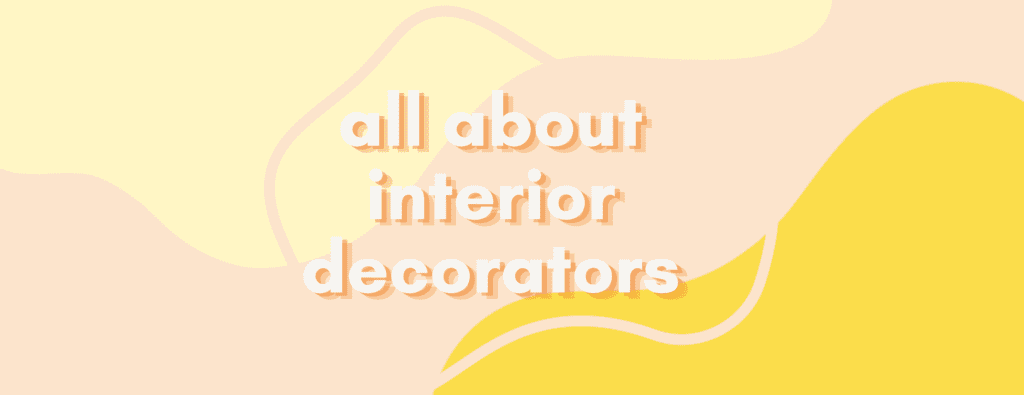

An interior decorator focuses on the aesthetic. They help people make the most out of the spaces they already have and can’t change structurally. As they name suggests, they decorate, not renovate.
The decoration can vary from painting to bringing in new furniture to sourcing art to creating floor plans.
They are the expert in the details. Since they can’t make any structural changes, they need to know how to make an impact with decor.
It makes most sense for a decorator to work on rental homes or dorm rooms. But it could also be a budget-friendly option for homeowners who want to work with the walls they got.
Many decorators also get into home staging as well, since there is a lot of overlap between the two skillsets.
what does it take to become an interior decorator?
An interior decorator requires no official schooling or certification. Although this background may be helpful, you can easily obtain it through alternative means.
Like any other creative career, it truly just takes a good eye, an ability to market yourself, and some good connections to make it.
who should be an interior decorator?
If the following things sound like you, then interior decorator may be the profession for you:
- You are passionate about sprucing things up instead of creating from scratch
- Lots of smaller projects sounds more enticing than fewer big ones
- You have a passion budget-friendly makeovers
- You’d rather focus solely on the creative things instead of the logistical things
- If you already completed school, this is a great way to get into the field without going back to school.
Some of your favorite YouTube or tiktok designers are likely classified as interior decorators. For example, Mr. Kate and The Sorry Girls. They have no formal education in design, but they can do a mean room makeover.
And there are even world-renowned decorators who receive countless accolades in the field without a formal design education or desire to execute full design projects. If you need some inspiration to get started in your decorating career, I’d suggest giving Simone Haag’s episode a listen on The Design Dialogue’s podcast.
Where do you see yourself? interior designer vs decorator?
If you want to really dive into the technical and large-scale side of design – and are willing to invest the time/money in education – an interior design title may be in your future.
(If you are looking to get an affordable, in-depth online education, check out the Interior Design Institute)
But interior decoration may be the move if you want to focus on the aesthetics become a master of space spruce-ups without pursuing formal education.
Subscribing to blogs like homey homies (this one), Clever by AD or Jungalow is a great first step in fine-tuning your design eye and keeping track of trends.
Posts you may also be interested in…
About me
Hey my name’s Hannah Michelle Lambert, the voice behind homey homies. I’m an LA-based designer, writer, and content strategist. I’m passionate about the intersection of productivity and creativity. I love talking about creative habits, technology, processes, and everything in between that helps me blend the Type A and Type B parts of my brain.

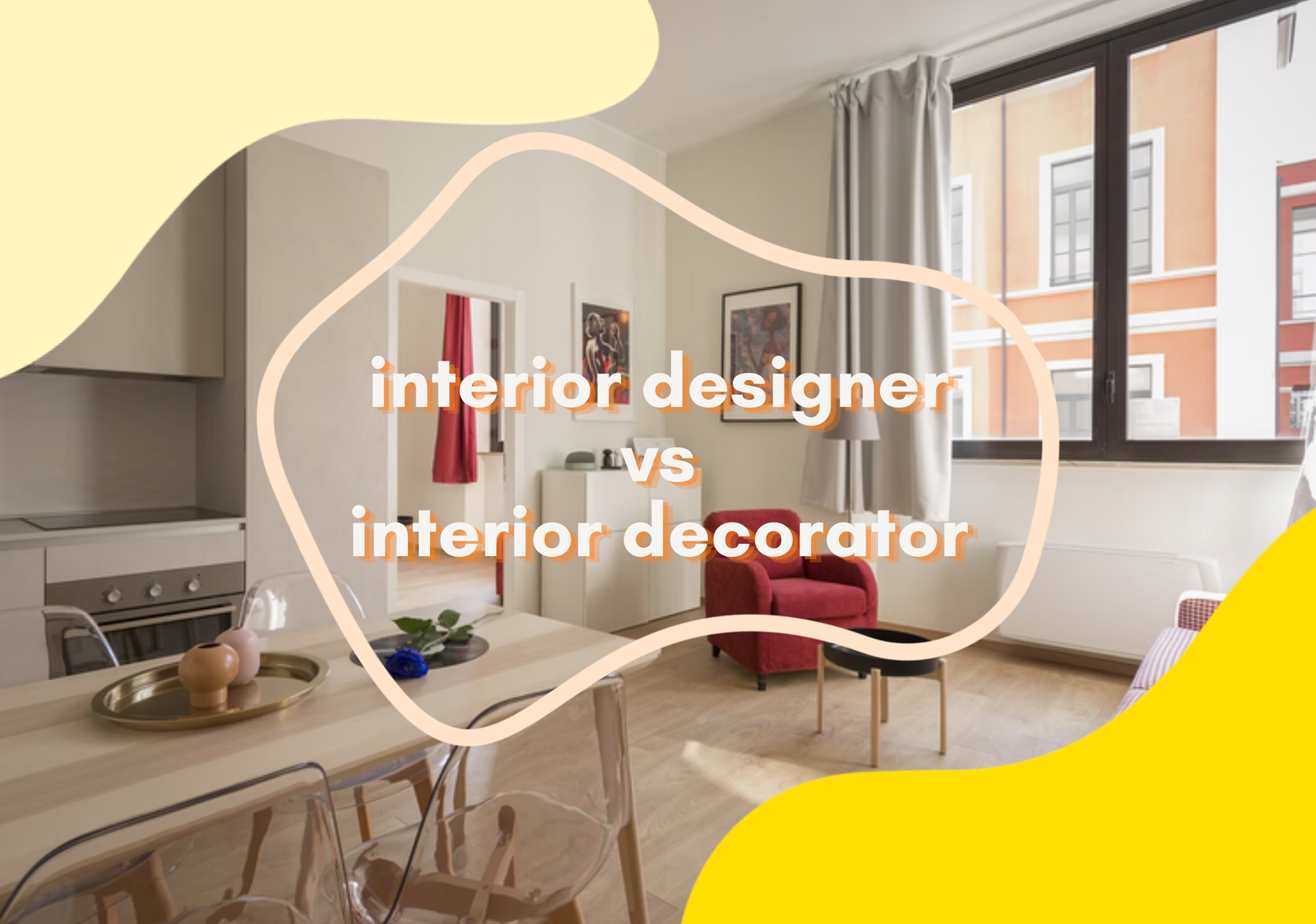
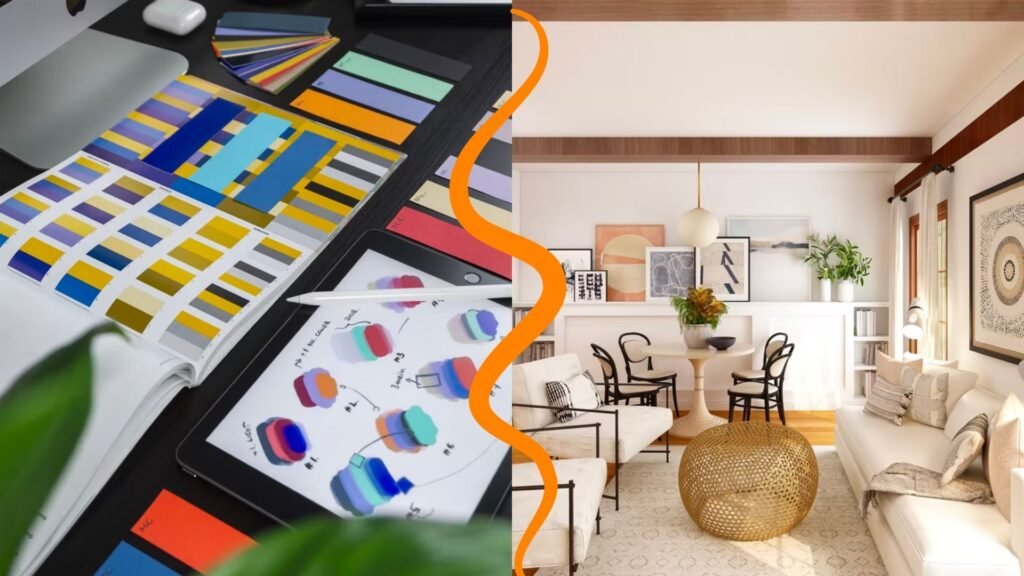

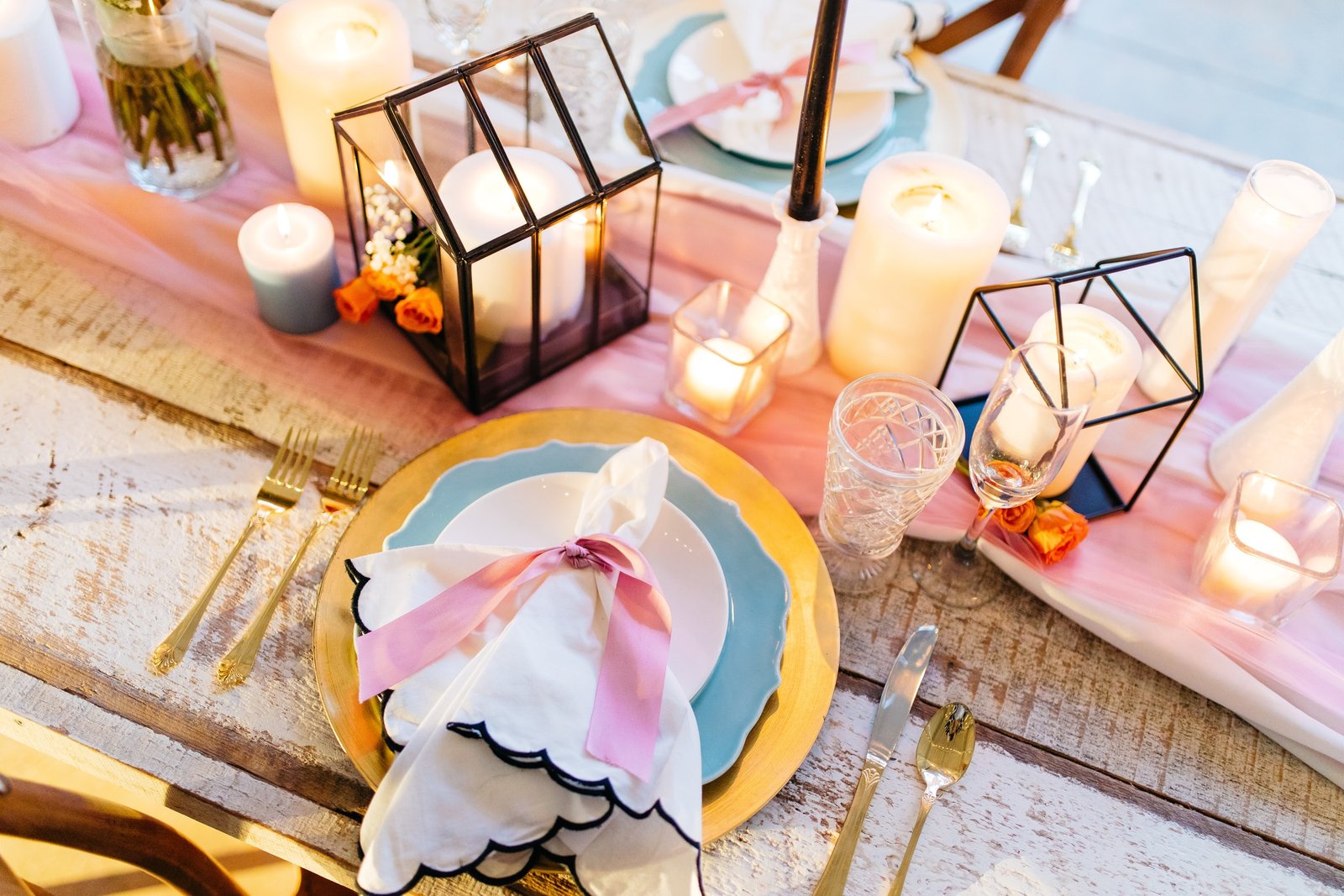




Leave a Comment